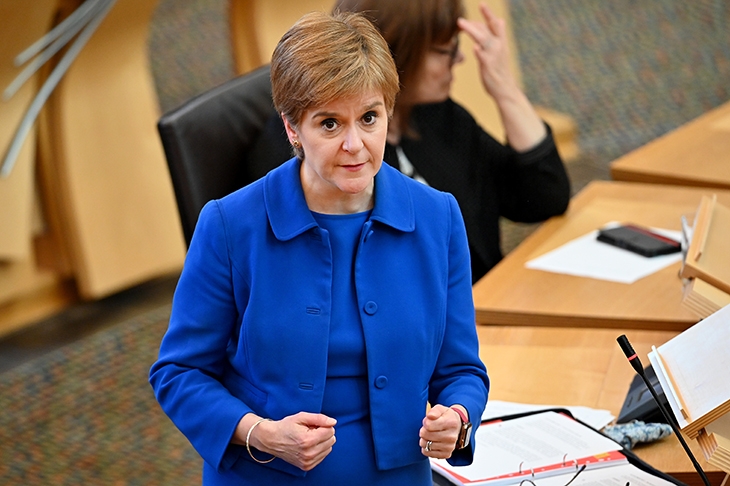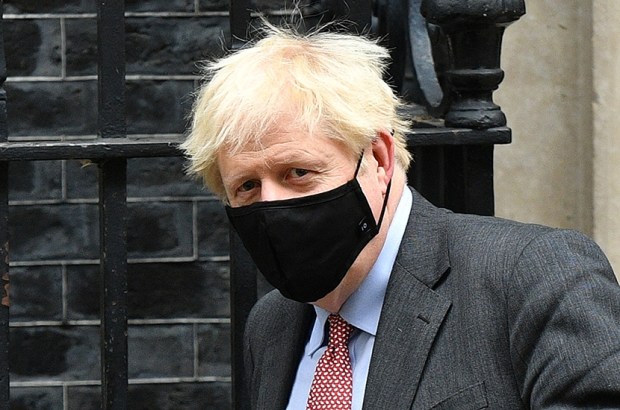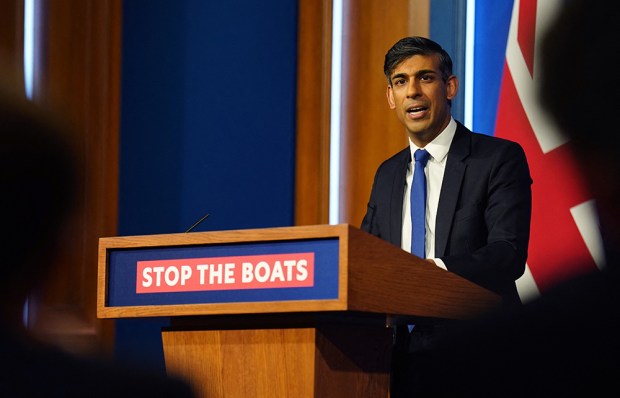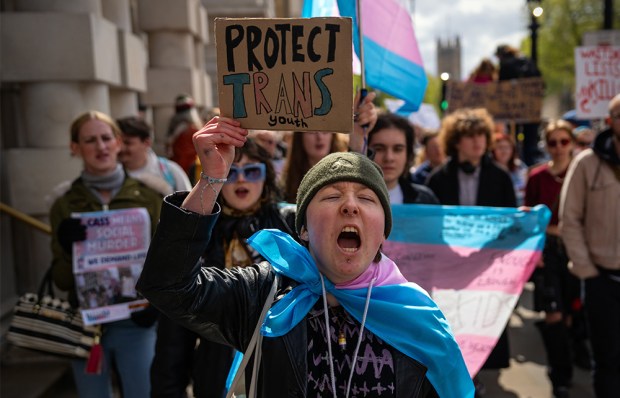Since the Holyrood elections in May, the campaign for Scottish independence has been noticeably quiet. But that is about to change. This autumn Nicola Sturgeon will try to push the issue to the top of the agenda once again.
The expectation in Edinburgh is that Sturgeon will soon unveil a governing agreement with the Greens, which would give her pro-independence government a formal majority in the Scottish parliament. With that under her belt, and with her activists increasingly impatient for action, she may move to introduce an independence bill.
This would be a deliberate provocation. The constitution is a matter for Westminster — and it is very hard to see how the Scottish parliament could legally bring about a second independence referendum. It will, of course, be tempting for the UK government to strongly denounce the Nationalists’ behaviour. But one well-connected Scottish political hand says that would be a mistake. He argues that any independence bill would merely be ‘a lot of noise designed to rally their own troops and force the UK government to make a misstep. The best thing the UK government can do is not overreact’.
Why? Because Sturgeon would have a lot to gain from a fight. First, it would give her a rallying point — one of the Nationalists’ great successes has been creating a series of proxy battles that unite independence supporters around the flag. It would also suppress any doubts within the party about her strategy and personnel, including the role of her husband, Peter Murrell, the party’s chief executive. There has been disquiet, too, over allegations that money raised for the independence fight was misused by the SNP on an office refurbishment — now the subject of a police investigation. Once a bill for the referendum is in the Scottish parliament, it will be much easier to argue that now is not the appropriate time to raise such concerns.
Second, if the independence issue is ignored by the UK government, it could make Sturgeon look obsessive at a time when she should be fixing the problems caused by Covid. The optics wouldn’t be good if she is seen as fixated on the referendum while NHS waiting lists are ballooning, schools are playing catch-up and the justice system is buckling. This could alienate the very swing voters the Nationalists need in any referendum. But if Sturgeon can quickly change the debate from whether now is the right moment for a vote to whether the Scottish parliament has the right to call one, she would be on more favourable terrain.
For these reasons, instead of arguing publicly with the Nationalists, Westminster should simply wait for the bill to face an inevitable court challenge, which the Nationalists would almost certainly lose. Even if the courts allowed some form of referendum, as a kind of mass opinion poll, Unionists could just boycott it on the basis that the result would not lead to anything.
Interestingly, the message that the UK government shouldn’t overreact seems to be getting through. Michael Gove emphasised at the weekend that Westminster wouldn’t block a referendum if it was the ‘settled will’ of the Scottish people, but that it clearly wasn’t currently. This was a telling line. In early 2020, after more than 20 consecutive polls had had independence ahead, Nationalists argued that independence had become the public’s ‘settled will’. That line of argument is now impossible for them since most polls show the Union ahead.
There is a danger, however, that this poll lead could result in the UK government becoming complacent. It has a habit of lurching from panic-driven drives to save the Union, to a sense that everything is now fine. One of the challenges for Mark McInnes, the newly appointed No. 10 adviser on Scotland, is to break this cycle.
McInnes is an intriguing appointment. The former director of the Scottish Conservatives and a close ally of Ruth Davidson, he is hugely data-driven; on his watch the Scottish Conservatives were motivated far more by polling than policy. He is renowned for telling people what the numbers say, no matter how uncomfortable that may be. It is revealing that Boris Johnson didn’t visit Scotland during the recent Holyrood campaign which McInnes ran. Scottish Tories, many of whom remain sceptical of Johnson, are buoyed by the appointment and see it as a sign that the PM is prepared to listen to advice on the independence question.
One thing the polling makes abundantly clear is that Scottish voters want to see their two governments co-operating. When news leaked that Johnson was visiting Scotland this week, Sturgeon immediately fired off a letter inviting him to Bute House for a meeting on ‘the areas where it was important for our two governments to work together’. Johnson dodged it, saying that he was looking forward to seeing her in a ‘structured forum’. His allies are well aware that these visits to the First Minister’s residence risk making the British Prime Minister look like a visiting dignitary in his own country. It is a symptom of what has gone wrong that the PM visiting Scotland is considered newsworthy in itself. It should be such a regular occurrence that it is no more of a story than when he visits Yorkshire.
Short-term tactical manoeuvring is all very well, but in the long-term more substantive work must be done to put the Union on a secure footing. Oddly, one thing which may help is Johnson’s support for devolution to counties in England. More devolution could help ensure that Westminster is a Union parliament rather than an often quasi-English one. It would also force Whitehall to understand devolution better. As the Covid crisis has shown, even the centre of government struggles to understand what is devolved and what is not. Moreover, if regional leaders in England had more power, Nationalists would find it harder to turn everything into an argument with Westminster. Just look at how poorly Sturgeon came out of her row with Andy Burnham, the mayor of Greater Manchester, over the travel ban she imposed on parts of the north-west of England in June.
In the coming months, the UK government shouldn’t give the Nationalists the fight they crave. It must resist the temptation to rise to every provocation.
Got something to add? Join the discussion and comment below.
Get 10 issues for just $10
Subscribe to The Spectator Australia today for the next 10 magazine issues, plus full online access, for just $10.
You might disagree with half of it, but you’ll enjoy reading all of it. Try your first month for free, then just $2 a week for the remainder of your first year.















Comments
Don't miss out
Join the conversation with other Spectator Australia readers. Subscribe to leave a comment.
SUBSCRIBEAlready a subscriber? Log in